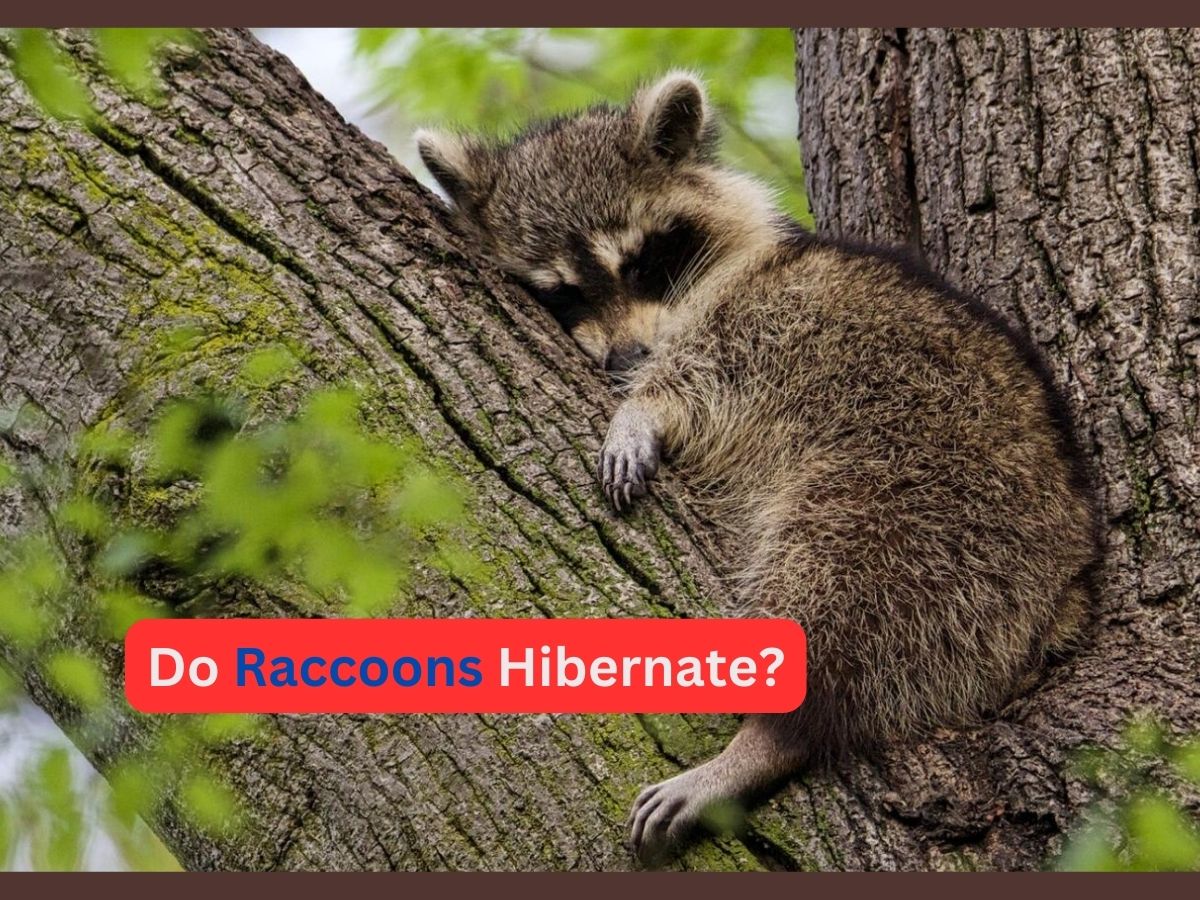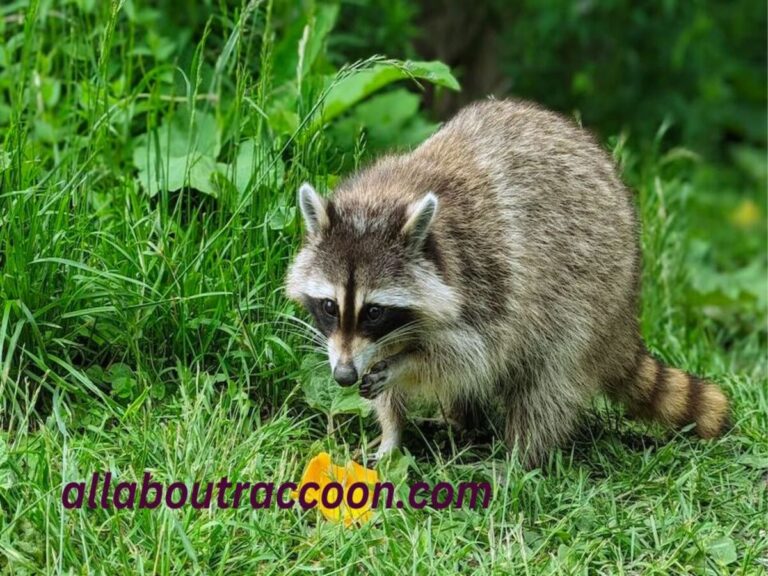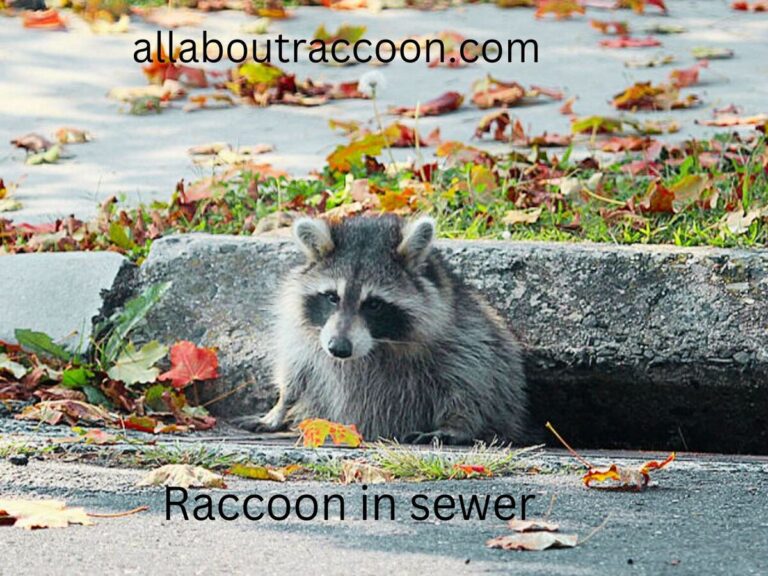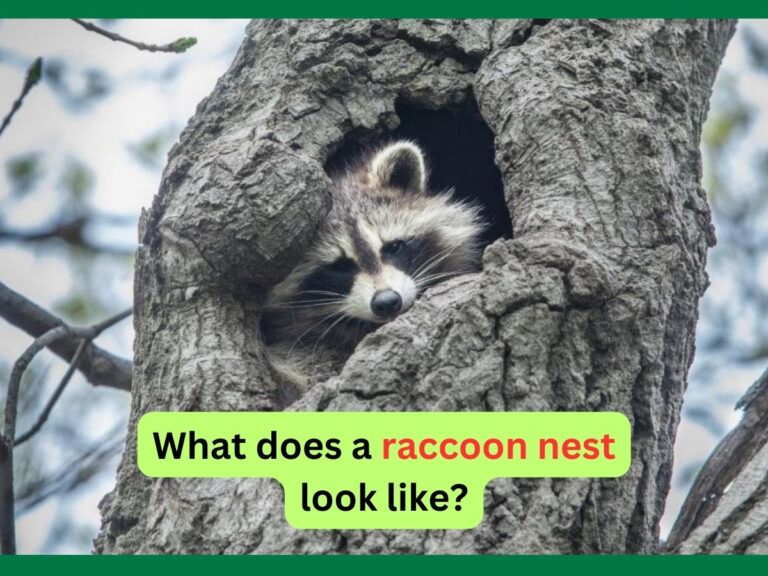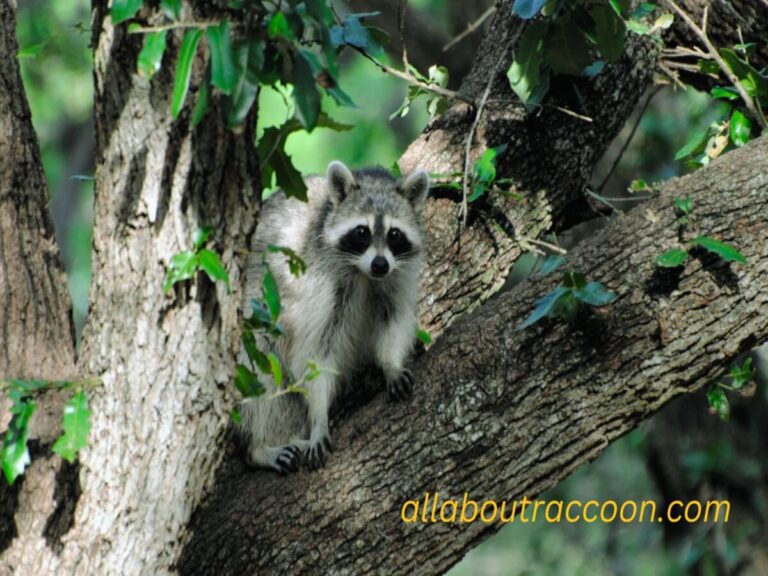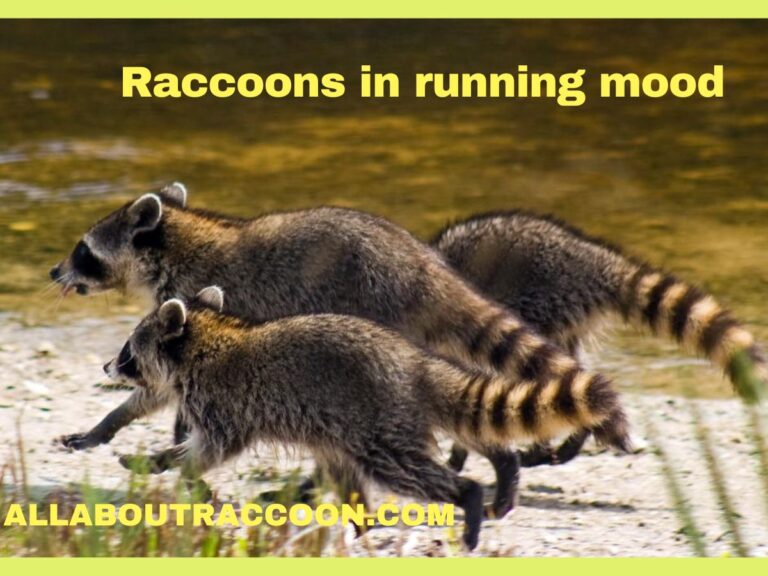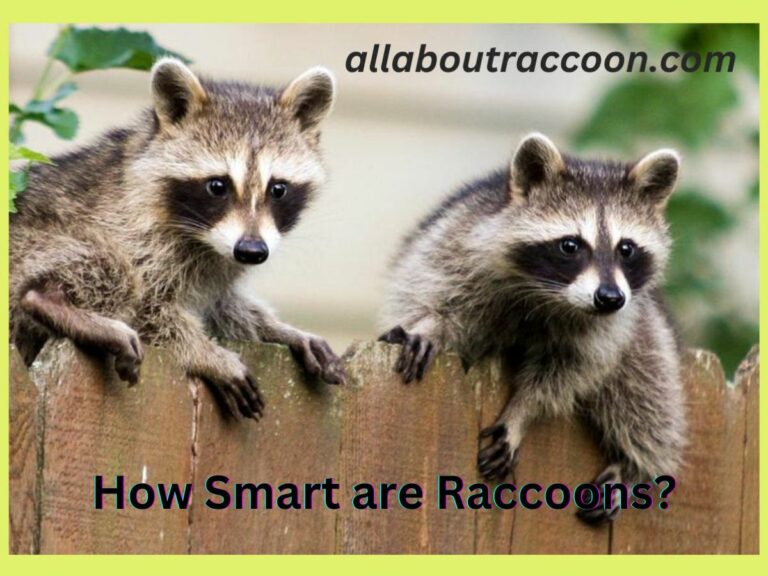Do Raccoons Hibernate?-Let’s Find out!
Have you ever wondered what raccoons do when winter knocks on the door? We all know these curious creatures like to explore at night, but when the cold season arrives, things might change. So, here’s the big question: Do raccoons hibernate? Let’s take a look into the world of raccoons and see what they’re up to when the snow falls.
In this blog post, we’re going to explore the secret life of raccoons in winter. We’ll learn about hibernation and something called torpor. So, get ready to uncover the mysteries of raccoon winter habits and discover whether they hibernate or not.
What is hibernation?- Basic concept!
Hibernation is a physiological state that certain animals enter into during the harsh environment of winter. During hibernation, an animal’s metabolic rate significantly decreases, leading to lowered body temperature, slowed heart rate, and reduced breathing. In simple words, animals remain in sleeping conditions during hibernation.
Here are some benefits of hibernation:
- It helps animals conserve energy during the tough of winter when food is scarce and temperatures are low.
- Animals slow down their physiological processes like heart rate, breathing, and digestion during hibernation.
- The metabolic rate drops significantly, and body temperature matches with the environment.
- Energy consumption is greatly reduced during hibernation, so animals can survive without eating for a long time.
- The animals store up fat before hibernation to use as energy during this period.
- All animals do not hibernate – some animals go into a state of shallow hibernation (torpor), while others have deep hibernation.
- Hibernation is a survival strategy that helps animals to survive when food is scarce in winter seasons.
Do raccoons hibernate?
No! they don’t!
Raccoons are not true hibernators. They do not hibernate in the traditional sense like some other animals, such as bears or groundhogs. Instead, they undergo a period of decreased activity called “Torpor” during the cold months of winter.
They lose 50 % of their body weight during winter. They remain in this state for a few weeks. The time of inactivity depends on the food stored in the form of fat in their bodies. However, they do not enter a deep and prolonged state of hibernation like some other animals do.
What is torpor?- State of inactivity in raccoons!
“Torpor is a short-term and temporary state of inactivity. Animals like raccoons in torpor can enter this state daily or periodically, usually for a few hours to a few days. Their metabolic rate drops significantly, and their body temperature decreases. They can awake from this state very soon, while hibernation is a long period of inactivity.”
- Raccoons experience torpor when the ambient temperature falls under 15°F (Fahrenheit) or -10°C (Celsius).
- They find haven in their dens, which include hollow trees, rocky crevices, and human-made structures like attics and chimneys. While in torpor, raccoons encircle their bodies with their tails to conserve warmth.
- While in torpor, their body temperature reduces from 99°F (37°C) to 50°F (10°C).
- Their heart rate decreases from 200 beats per minute to 50 beats per minute.
- Basically, torpor lasts for days or weeks, especially in harsh cold weather.
- Activity, metabolic rate, and body temperature reduce to save energy for survival.
Raccoons are adaptable creatures and sometimes be seen foraging for food during milder winter days if their food sources are available. Their ability to adjust their behavior based on environmental conditions allows them to survive in a variety of habitats and climates. So, raccoons don’t hibernate but torpor.
Why do raccoons go into a state of torpor?
Actually, raccoons use torpor to save energy when food is scarce and temperatures drop. It’s a temporary state of reduced metabolism and body temperature, helping them survive tough conditions, conserve fat reserves, avoid predators, and endure better times.
What are raccoons’ activities before torpor?
Raccoons are known to be active animals, especially during the night. They are primarily nocturnal creatures, which means they are most active during the nighttime hours. However, raccoons can become less active during periods of extreme cold weather or when food is scarce. Before entering torpor, raccoons engage in behaviors that help them prepare for this energy-conserving state:
Foraging: Before torpor, raccoons increase their foraging activity to gather enough food to sustain them during periods of reduced activity. They’ll seek out and consume a variety of food sources, including fruits, nuts, insects, small animals, and even human food scraps.
Feeding: Raccoons feed more intensively in the evening or early nighttime hours to build up fat reserves, which can provide energy during torpor.
Insulation: Raccoons have a thick coat of fur that provides insulation, but they might seek out sheltered areas, like dens, hollow trees, or attics, to further protect themselves from the cold.
Social Behavior: Raccoons are often solitary animals, but they can exhibit social behavior before torpor. During colder periods, raccoons share dens to conserve warmth and increase their chances of survival.
Drinking Water: Raccoons need water to survive, even during periods of reduced activity. They may increase their water intake before torpor to ensure they are adequately hydrated.
During torpor, raccoons can wake up and become active if the conditions improve, such as a warmer spell or the availability of food. Additionally, not all raccoons will enter torpor, and its occurrence depends on factors such as local climate, food availability, and individual health.

Hibernation Vs torpor: What’s the difference?
Torpor and hibernation are both states of reduced activity and metabolism that some animals enter to survive harsh environmental conditions. However, there are distinct differences between the two:
- Duration and Depth:
Torpor: Torpor is a short-term and temporary state. Animals in torpor can enter this state daily or periodically, usually for a few hours to a few days. Their metabolic rate drops significantly, and their body temperature decreases, but they can quickly rouse from this state and resume normal activity.
Hibernation: Hibernation is a long-term and extended state of dormancy. Animals in hibernation enter a deep sleep-like state that can last for weeks or even months. Their metabolic rate drops significantly, and their body temperature can approach the ambient temperature. Hibernating animals are difficult to rouse and may take hours or even days to return to normal activity.
- Purpose:
Torpor: Torpor is often used as a short-term survival strategy. Animals may use torpor to avoid extreme cold, conserve energy during food scarcity, or evade predators.
Hibernation: Hibernation is a longer-term adaptation to survive periods of extreme cold or reduced food availability, such as winter. It allows animals to endure these conditions until conditions become more favorable.
- Arousal:
Torpor: Animals in torpor can quickly wake up and return to their normal activity. This allows them to respond to sudden changes in their environment.
Hibernation: Animals in hibernation are difficult to wake up. Their physiological processes are significantly suppressed, and it takes time for them to fully rouse and resume activity.
- Examples:
Torpor: Raccoons are known to enter torpor in winter to conserve energy when their food source (nectar) is unavailable.
Hibernation: Bears and groundhogs are examples of animals that undergo hibernation during the winter months.
Conclusion:
So the answer to “Do raccoons hibernate” is no! Raccoons are not true hibernators. They go into a state of torpor in winter when food is scarce. Torpor is a state of inactivity. Their metabolic activities slow down. They use their stored fats in this sleeping mode. It’s a survival strategy for raccoons.
So, even though raccoons don’t hibernate exactly like bears do, they’ve got a strategy to make it through the cold months. It lasts for a few weeks, while hibernation is a long time of inactivity. Nature always has a way of surprising us!
FAQs:
No, raccoons are not true hibernators. Instead they go in a state of “torpor” that has less duration of inactivity than hibernation.
Usually, raccoons sleep between 6 to 8 hours per day. They become active during night time and take a rest in the day time.

